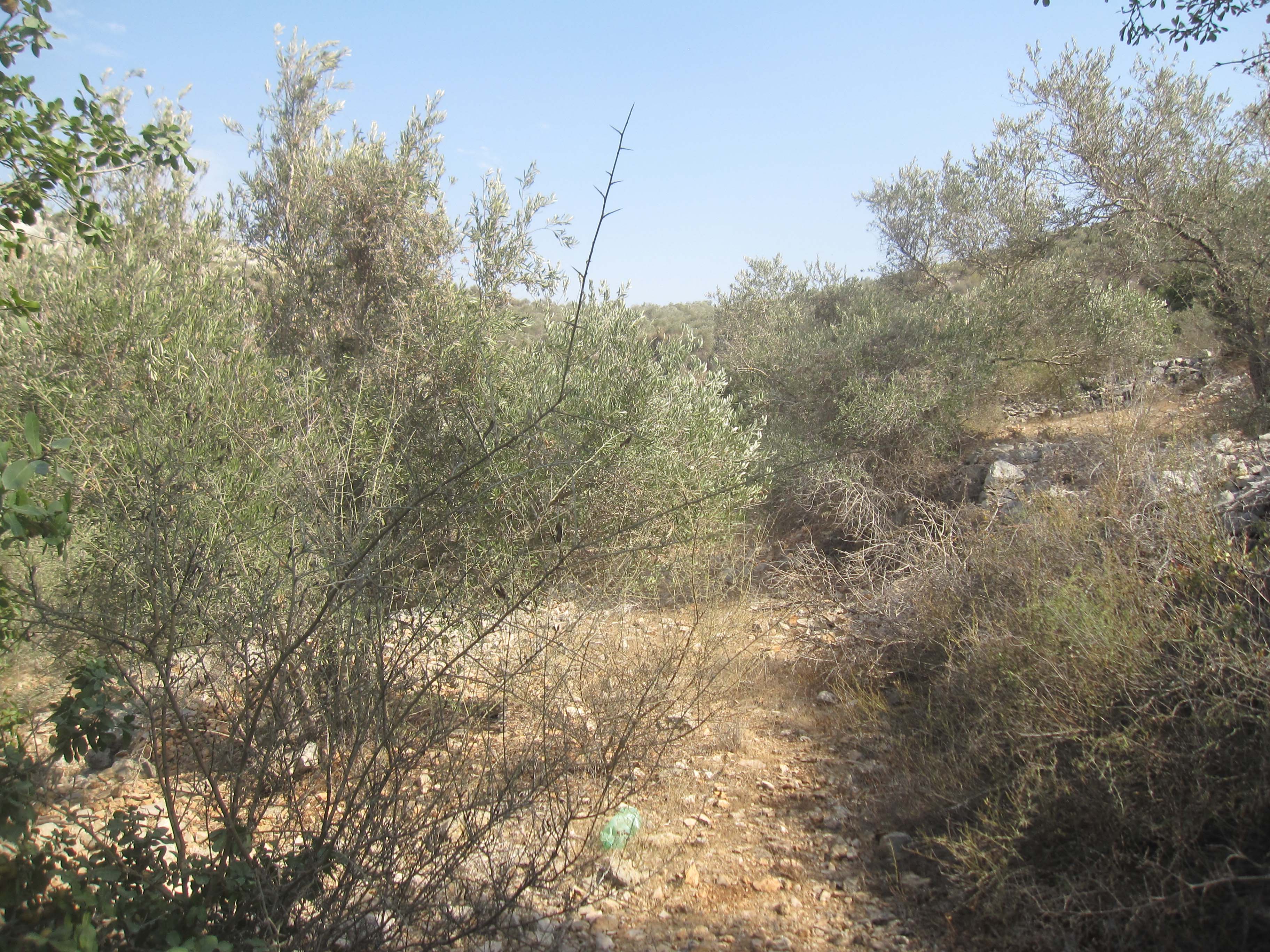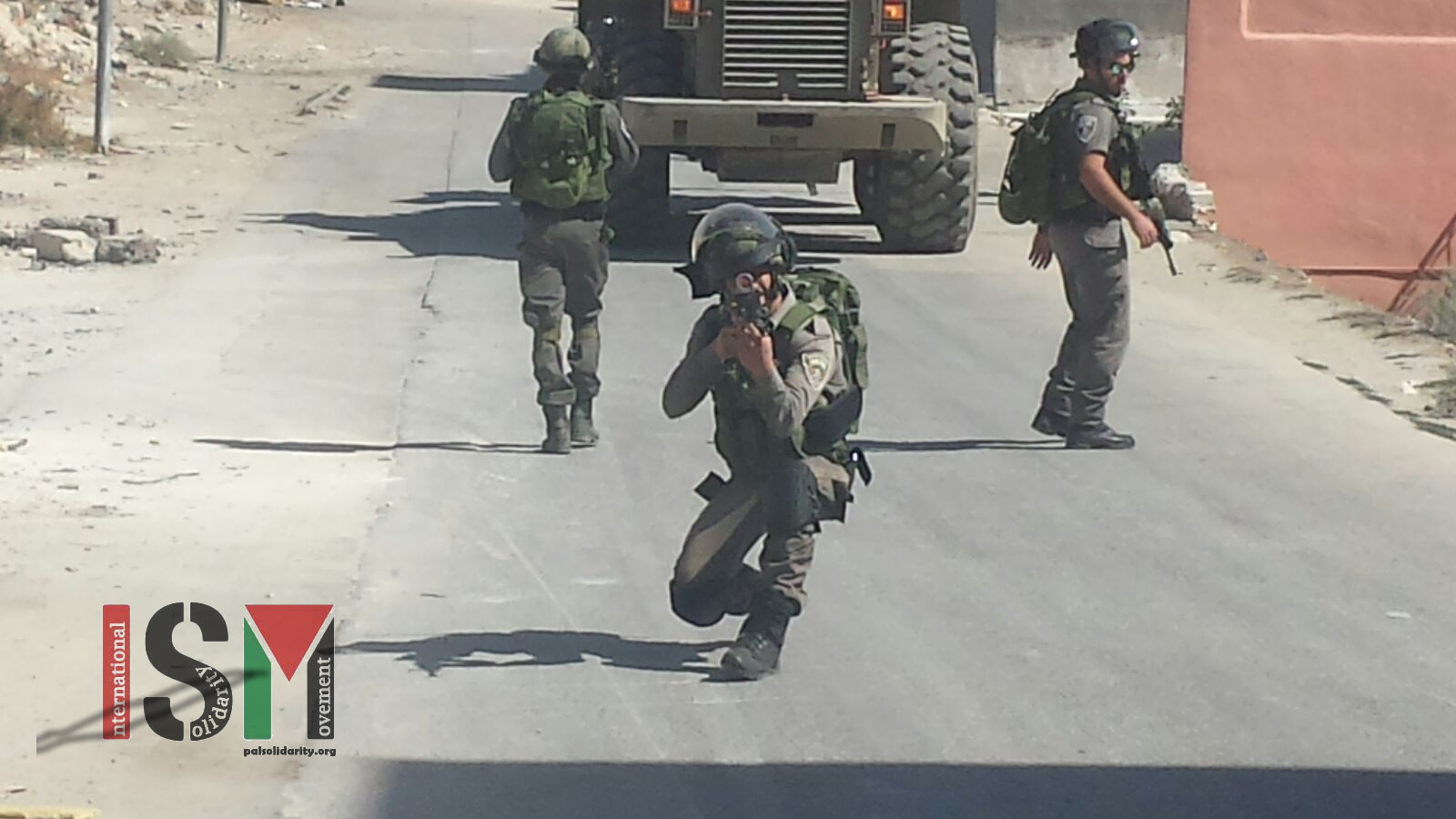-
Olive harvest next to the illegal settlements in Bruqin
23rd October 2016 | International Solidarity Movement, Ramallah-team | Bruqin, occupied Palestine On October 21st, an ISM-team joined farmers in the village of Bruqin, Salfit district, for the olive harvest. The family’s fields are occupied by an illegal Israeli settlement and they are denied access to their land by the Israeli military except during the […]
-
Roadblocks, stun grenades and settler aggression: another Jewish holiday in occupied al-Khalil
23rd October 2016 | International Solidarity Movement, al-Khalil team | Hebron, occupied Palestine The events of Tuesday the 18th of October began to unravel as my friend and I accompanied school children through an Israeli checkpoint (Salaymeh) as they made their way home that afternoon. On our return journey from the school we noticed a […]
-
“No Palestinians during the holiday”: Palestinian man harassed during Sukkot
21st October 2016 | International Solidarity Movement, al-Khalil team | Hebron, occupied Palestine Late Thursday morning, as Palestinian schools in the Old City of occupied al-Khalil (Hebron) were dismissing their students early due to enhanced settler activity, Israeli forces harassed a Palestinian man and denied him his right of movement through the large parking lot […]
Action Alert An Nabi Saleh Apartheid Wall Arrests BDS Bethlehem Bil'in Cast Lead Demonstration Denial of Entry Ethnic Cleansing Farmers Gaza Global Actions Hebron House Demolition International law Israeli Army Jerusalem Live Ammunition Nablus Ni'lin Prisoner Ramallah Rubber-coated steel bullets Settlement Settlers Settler violence Tear-Gas Canister Video



